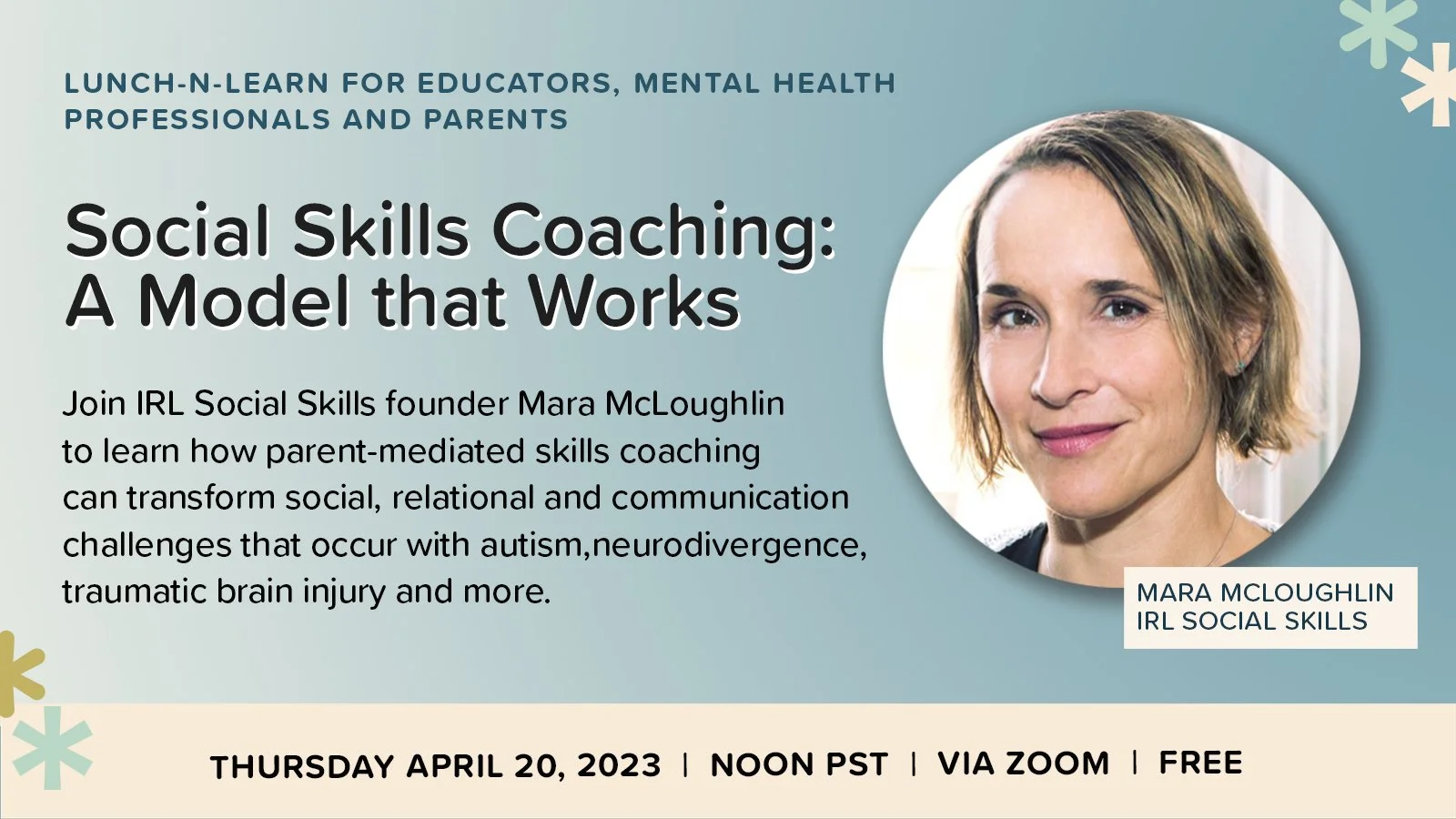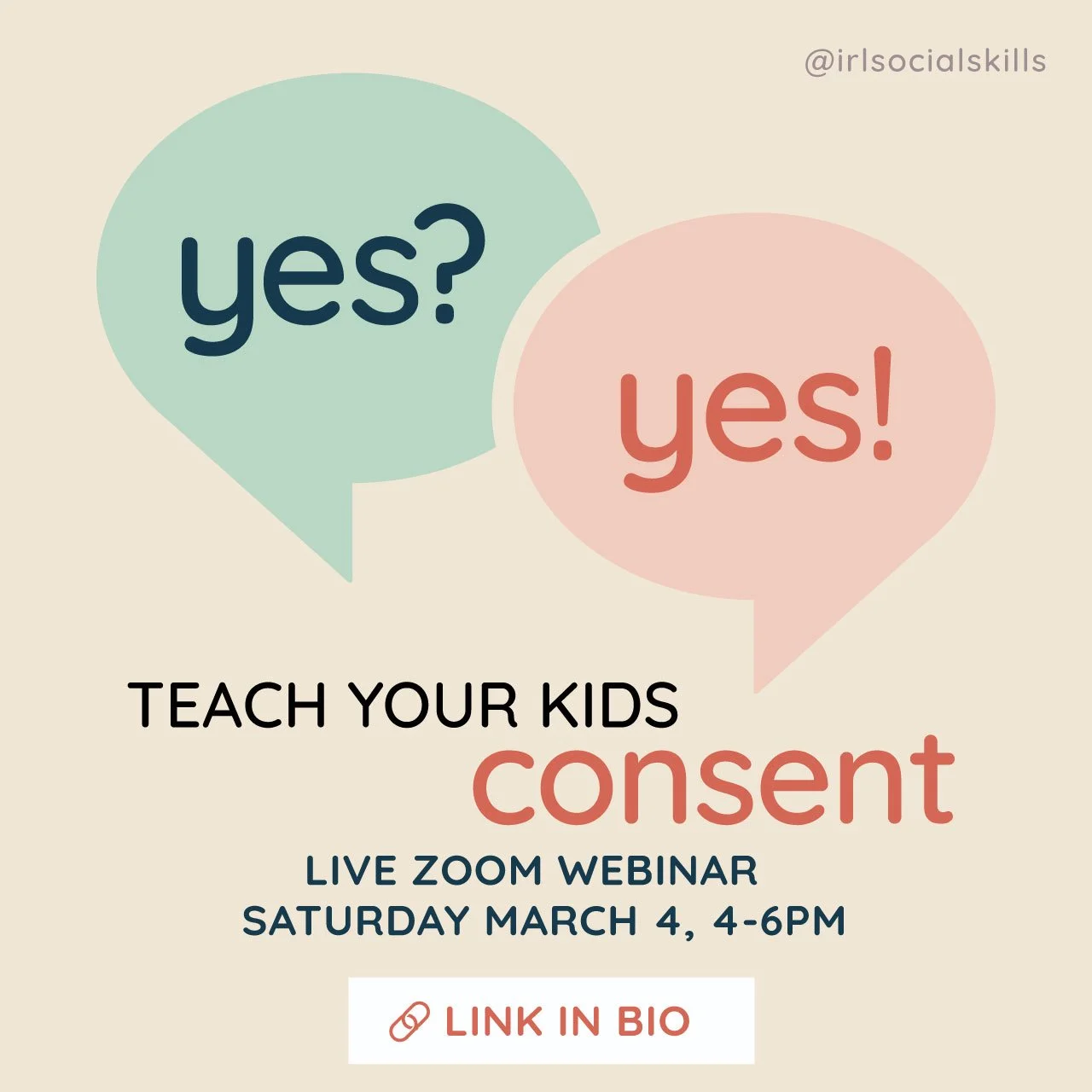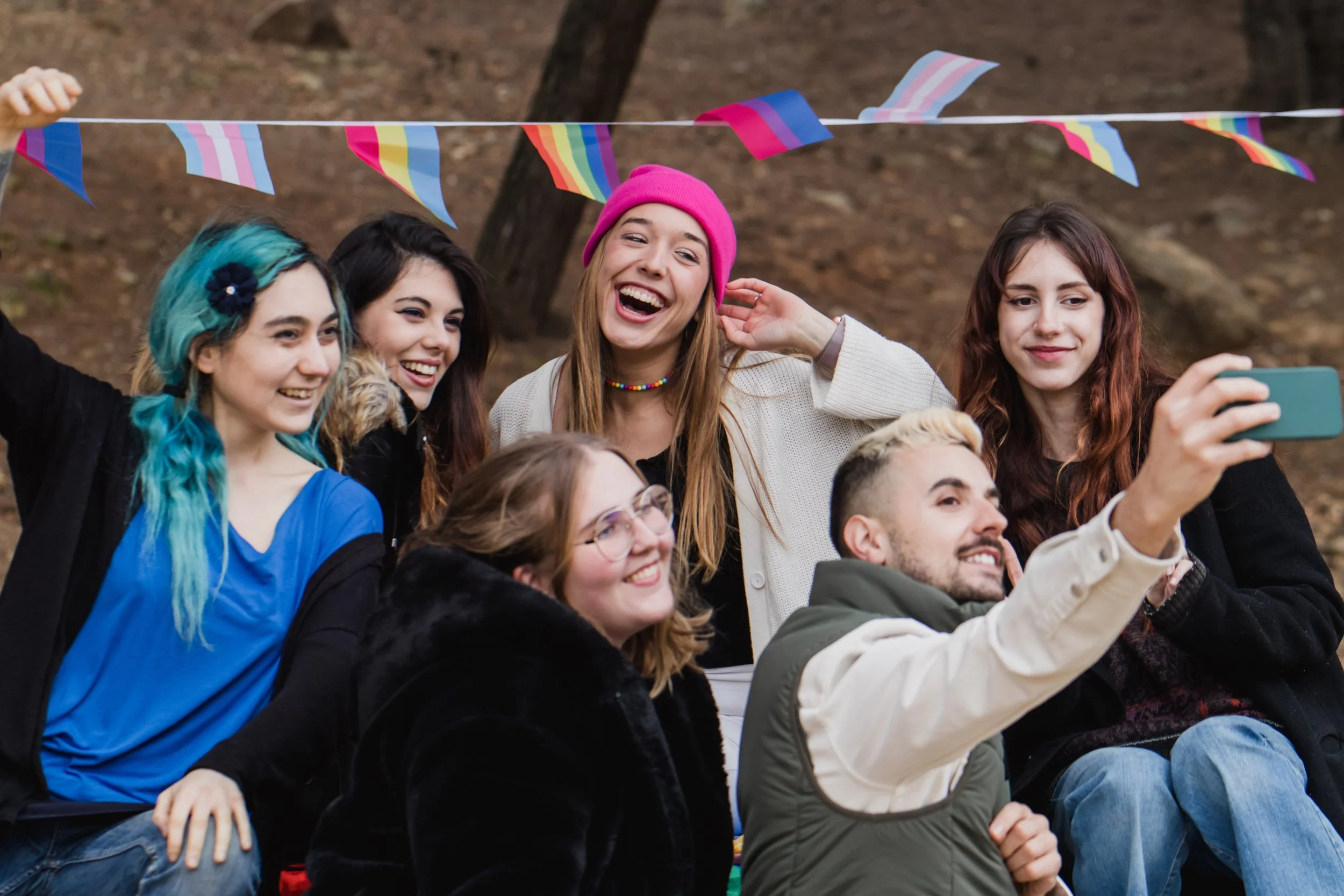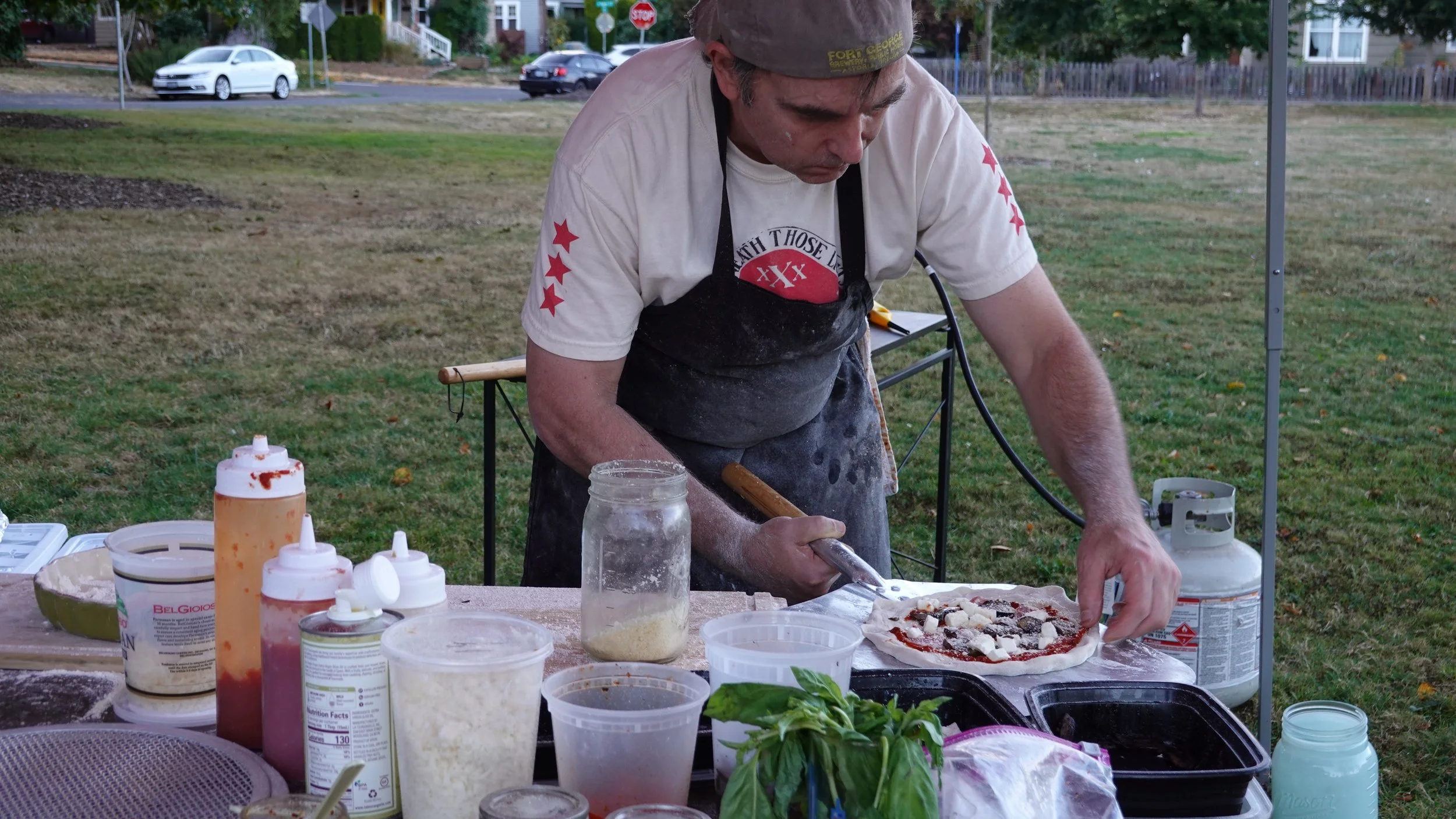Self-care is all the rage right now. Social media channels are flooded with self-care tips ranging from bubble baths to journaling to mushroom tea to forest bathing—the practice of spending time in nature. But what IS self-care? Is it different for neurodivergent people than for neurotypicals? In honor of Mental Health Awareness Month, we present an overview of three mental health tools for self-care.
Read MoreTransitions are among the most difficult experiences for humans. They can be exciting and uplifting, but often they are stressful and dysregulating as well. To help your young adult succeed with this major transition, it’s imperative to strongly encourage them to join an activity on campus that is based on their interests. Whatever it is — art, music, gardening, animals — other people are interested in it, too.
Read MoreMay is Mental Health Awareness Month and in recognition of the importance of advocating for and tending to our mental health—both individually and collectively—it’s important to understand how mental health and neurodiversity intersect.
Read MoreAs the parent of an autistic teen, you don't need studies and surveys to know when your child is suffering from loneliness. You can see it in their eyes, mood, and how they engage with others. Knowing how to support them will not only ease your concerns, it can help make them more resilient, happy, and resourceful humans throughout their lifetime.
Read MorePreparing your teen for sexual relations might be awkward but it’s also a loving and empowering endowment. Helping them understand the need for clear boundaries and consent will help prepare them not only for sexual intimacy but also in other areas of life as they learn self-agency, self-advocacy, and self-respect.
Read MoreMost autistic individuals have typical sexual and romantic feelings and desires. They have a right to sex education and to engage in sexual activities. Without proper education, autistic individuals may engage in socially inappropriate or dangerous ways of fulfilling their sexual and intimacy desires. Sex education is preventative and proactive.
Read MoreThere are many articles offering advice to neurotypical individuals on how to date an autistic person. Few articles exist that help autistic and neurodivergent people navigate dating an allistic (or non-autistic) person. Here are our Top 10 Dating Tips for autistic teens and adults to help you go from awkward to awesome with your social engagements.
Read MoreWhen you enroll your autistic or neurodivergent loved one in our program, you’re getting full access to a multidisciplinary team that includes coaches with a broad range of experiences, cultural backgrounds, gender expressions and sexual orientations. Many of us are also neurodivergent or are parents of neurodivergent youth, so we are familiar with the challenges faced by ND young people and their parents.
Read MoreHolidays can be stressful for your kids—especially autistic, ADHD, and other neurodivergent youth. And let’s face it, they can be pretty rough for parents, too. Here’s a simple self-regulation exercise that’ll help YOU stay grounded, open, and more at ease, while modeling these skills for your children.
Read MoreAs we ease deeper into fall and begin to spend more time indoors, many of us find ourselves reading more. Isn’t that one of the best things about fall and winter? Time to curl up with a good book on the sofa, a mug of tea or cocoa, maybe a furry best-friend nearby to keep our laps warm. Here at IRL Social Skills, we are voracious readers, all year-round. Here’s what our coaches are reading.
Read MoreOur flagship 16-week course is an immersive experience, but everyone can fit a four-month-long commitment into their schedule. We created a monthly workshop to offer social and communication skills coaching that fits into one Sunday each month, via Zoom video calls. Although we can’t fit everything from our courses into a couple of hours, parents and student learners tell us these smaller sessions are great as a refresher or as an introduction to the work.
Read MoreSocial interactions can provoke anxiety even in the most outgoing, extroverted neurotypical person. For autistic and neurodiverse people, that anxiety can be crushing—causing life-long social struggles and mental health issues. Practicing social skills may ease anxiety before or during social interactions, enhancing meaningful connections. We know! Many of us are also neurodiverse people too!
Read MoreWe wouldn’t live up to our name—or our promise—if we didn’t have people come together for actual social interactions. Events where our current students and alumni alike can put their social skills to the test, make new friends. What better opportunity to put those at play than at an outdoor celebration?
Read MoreHelping autistic people feel confident in social interactions is critical for mental and physical health.
Read MoreSome say that friendship is a gift — and truly, there is nothing like a loyal, dependable, good friend.
Read More



















